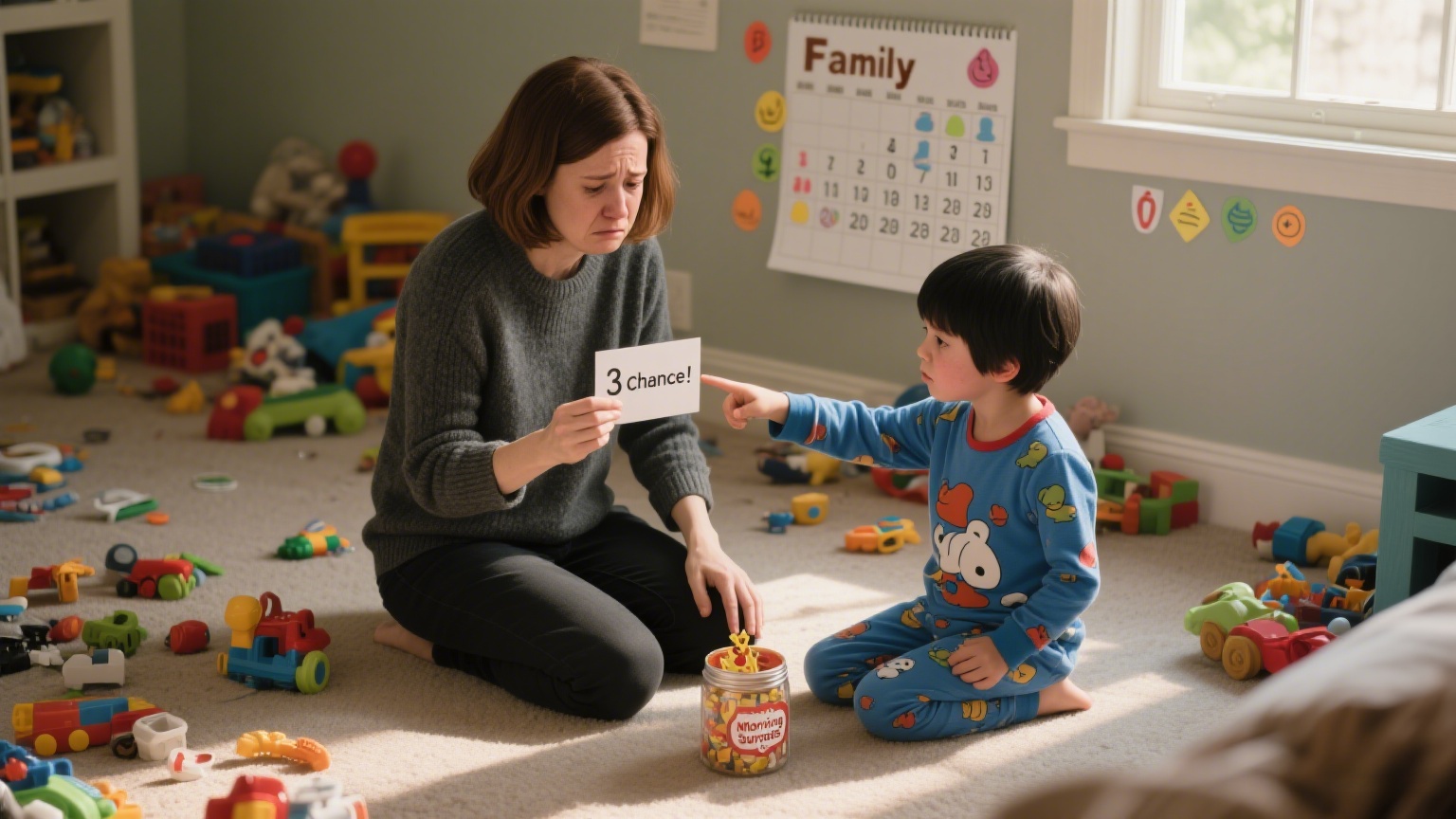Struggling with daily power struggles over bedtime, mealtimes, or chores? You’re not alone. This comprehensive guide reveals why conventional discipline methods often fail and how to create customized solutions that actually work for your unique child.
Why “One-Size-Fits-All” Discipline Fails
The parenting hack that works miracles for your friend’s child might crash spectacularly in your home because:
- Children have different temperament types (40% of kids are “spirited” and need specialized approaches)
- Age matters (a 3-year-old needs different strategies than a 7-year-old)
- Context changes everything (home vs. school behavior often differs)
5 Customizable Strategies That Work
1. The Enhanced “1-2-3 Magic” Method
Why basic counting fails: Many kids learn to wait until “3” to comply.
Upgrade it:
- Add visual cues (hold up fingers while counting)
- Institute immediate consequences at “3” (e.g., toy timeout for 15 minutes)
- Always follow through calmly
2. The Traffic Ticket System
Transform nagging into self-regulation:
- Create “violation tickets” for repeated offenses (clothes on floor = 1 ticket)
- 3 tickets = loss of privilege (e.g., 30 minutes less screen time)
- Include a “ticket appeal” process where kids can negotiate alternatives
3. The Turn-Taking Tracker
End “But it’s my turn!” battles with:
- A family calendar with colored magnets for each child
- Photo evidence (“Here’s you choosing last time”)
- Special privileges for turn-waiting (e.g., “While you wait, you can…”)
4. Strategic Natural Consequences
When to step back:
- Forgot lunch? Let them experience mild hunger once
- Refused coat? Allow them to feel chilly briefly
Always provide emotional support: “I know this feels uncomfortable. You’ll remember next time.”
5. The Privilege Ladder
More motivating than punishment:
- Base level: Everyday privileges (basic screen time)
- Earned tiers: Special rewards (friend sleepovers, later bedtimes)
- Involve kids in creating the reward menu
When to Change Tactics
Signs your approach needs adjustment:
- The behavior worsens after 2 weeks of consistency
- Your child shows signs of shame (not guilt)
- You dread enforcing the consequences








